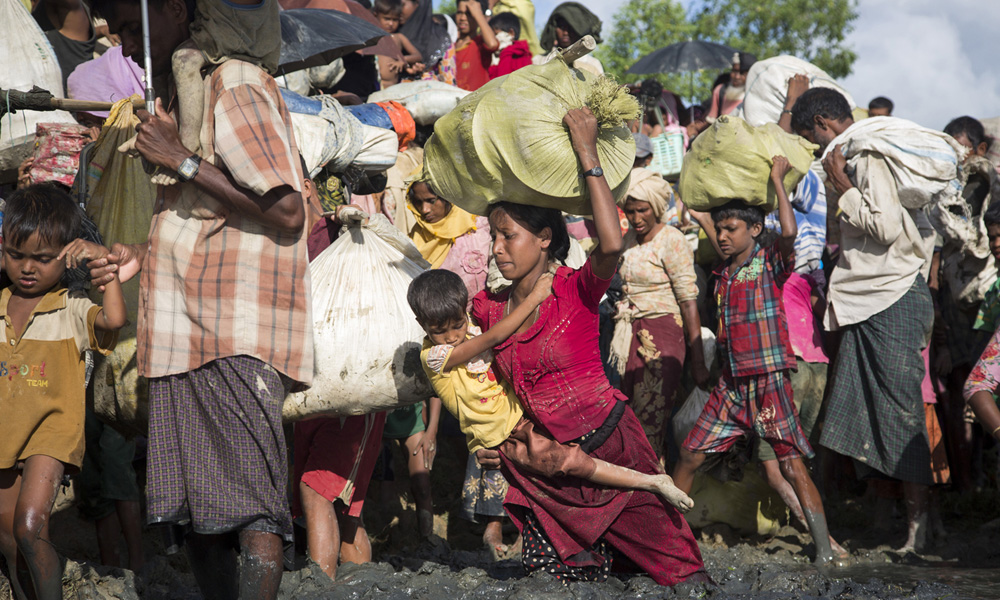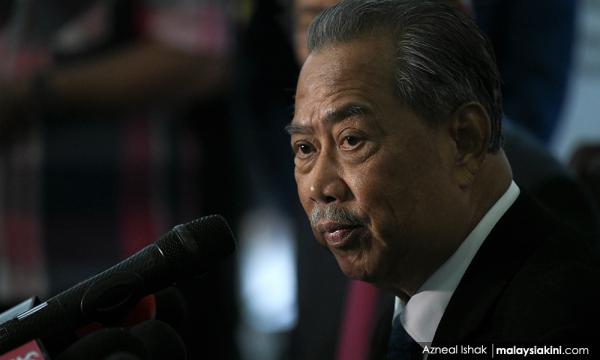Speaking to the United Nations in Geneva yesterday, Home Affairs Minister Muhyiddin Yassin said a growing number of stateless persons from the Asian region were coming to Malaysia and stressed their negative effects on the country.
He also outlined the government’s ongoing measures to address the issue.
While recognising that stateless people were often discriminated against, stigmatised and subjected to precarious living environments; Muhyiddin told the UN High Level Event on Statelessness that the community has also resulted in financial and security costs for the host country.
“Statelessness is a critical problem that requires urgent international attention. Statelessness can negatively impact not only the country concerned, but also the entire region.
“Malaysia has been dealing with this issue for a long time. Although we are not a signatory to the 1951 (UN) Refugee Convention, we have been receiving and hosting a large number of stateless people from the region, especially Myanmar. And the numbers are increasing.
“As a consequence, we are not only grappling with (the) financial burden or hosting them, but have to tackle all kinds of security risks and social problems,” Muhyiddin said in his concluding remarks.

The UN defines a stateless person as one who is “not considered as a national by any state (country) under the operation of its law”, which means the person does not have citizenship or official nationality.
Malaysian law does not recognise refugees, but the UN estimates that it is home to 177,690 refugees and asylum seekers.
More than half of that number (97,750) are from the minority Rohingya community from Myanmar.
More transparent registration
In his address, Muhyiddin said Malaysia has since adopted “more transparent procedures” to facilitate citizenship applications, especially from children.
“We are also taking measures to achieve universal birth registration by simplifying procedures and improving access to the process,” he added.
Other measures include a task force to study the plight of undocumented people, as well as outreach programmes, such as the MyDaftar, to encourage remote and border communities to register their children.
“A total of 227,481 (registration) applications in 8,412 separate outreach programmes were facilitated by the National Registration Department from 2012 to 2017.
“In the first eight months of 2019, 1,066 outreach programmes have been conducted,” he said.
Muhyiddin added that Malaysia welcomes global efforts to address statelessness, and would continue to partner with the UN High Commissioner for Refugees (UNHCR) domestically.


